Remedy presented to cure doctor shortage
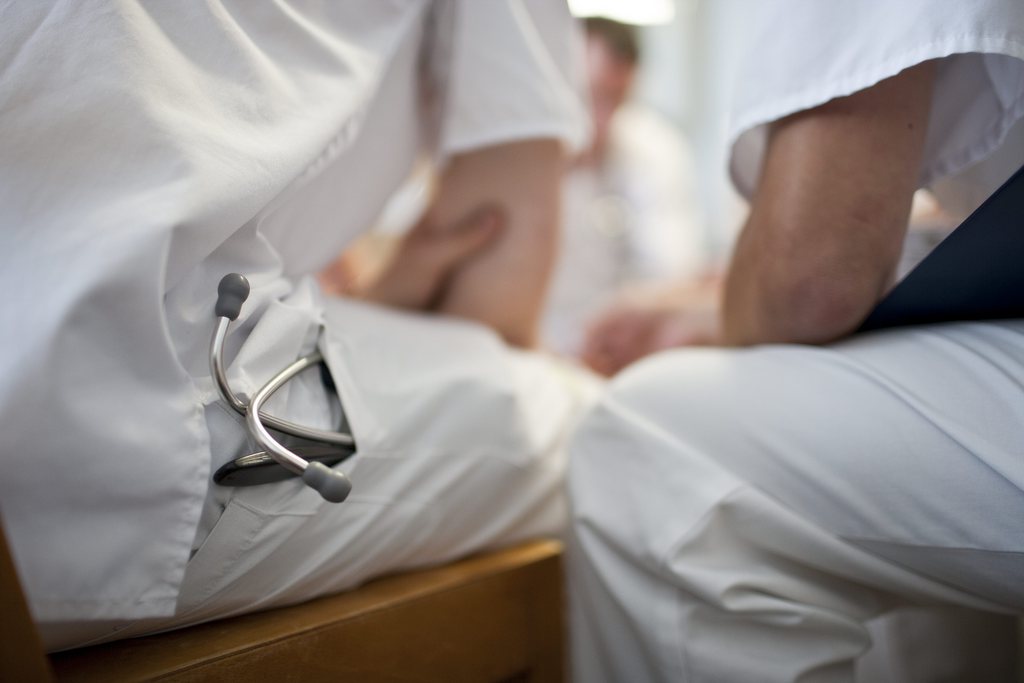
Plans are underway to boost the number of medical students at Swiss universities to offset an expected shortage of doctors and limit the influx of foreign practitioners. However, it is not clear who will foot the bill for the additional courses.
The interior ministry and the directors of the cantonal health departments agreed to boost the number of graduating doctors by 300 annually within the next six years, according to a joint statement.
Currently about 800 medical students pass their final exams every year at the five fully-fledged medical faculties in Zurich, Geneva, Basel, Bern and Lausanne.
Interior Minister Alain Berset, who is also in charge of health, said a task force would examine the funding issue. The additional cost are estimated at SFr56 million ($58.1 million) annually.
The group will also consider the establishment of an additional medical faculty and ways of ensuring a sufficient number of specialist in all medical fields.
Experts say Switzerland risks a serious shortage of general practitioners in about 15 years as three out of four active GPs will have retired by then amid an ageing population with growing healthcare needs.
Family doctors
Berset and Carlo Conti, president of the cantonal health directors’ conference, came out on Thursday against filling the vacancies with qualified doctors from foreign universities.
“This is not a policy option,” Berset told journalists.
However, he did not mention quotas, the so called numerus clausus, introduced at most medical faculties in 1998, limiting access to courses as the number of applicants exceeds the number of places available.
The Swiss Health Observatory, a unit of the Federal Statistics Office, warned in 2008 that doctors will not be able to handle 30 per cent of consultations needed by patients by 2030 if no special efforts are made.
As part of a government strategy, Berset announced earlier this year financial incentives to make family doctor careers more attractive. GPs have complained that it is more lucrative to run specialist surgeries.
Foreign diplomas
A government report, published last November, found that Switzerland’s health sector is increasingly dependent on staff with foreign qualifications. Some 22 per cent of all doctors were trained outside Switzerland.
“For reasons of fairness towards other countries and to secure the supply of services, Switzerland should ensure sufficient staffing levels of medical personnel, notably doctors, educated at its own universities,” the report cautioned.
The number of Swiss-trained doctors has stagnated since 1985 compared with a 19 per cent increase of the resident population over the same period.
There were more than 32,000 practicing doctors in Switzerland in 2009 according to the report – with one of the highest per capita densities in the industrialised world.
Ten years ago, in a bid to curb the influx of foreign doctors, parliament imposed restrictions on new surgeries amid concerns that a labour accord with the European Union would attract too many specialists and increase health costs.
The freeze was extended several times before it ran out at the beginning of 2012, despite opposition by cantonal authorities which have a wide-ranging autonomy on education and health matters.
Costs
For nearly two decades, discussions about Switzerland’s health system have focused largely on rising costs.
Voters threw out proposals to reform the health insurance system, the funding of hospital services as well as the promotion of managed care networks.
However, the government ordered a reduction in drug prices and laboratory tests.
An initiative seeking to boost the status of family doctors is still pending. Campaigners collected enough signatures to force a nationwide vote.
Swiss healthcare costs amount to SFr62.5 billion ($65.3 billion) – 11.4 per cent of the country’s gross domestic product according to 2010 figures. The social insurance sector and the state cover the bulk of expenses, while private households pay for about 25 per cent.
Total number of qualified doctors (2009): more than 32,000
Hospital doctors (full-time equivalent, 2009): 17,578
Doctors with private surgeries (FTE, 2010): 13,453
Per capita: 4.12 per 1,000 inhabitants
Total health costs (2010): SFr62.5 billion

In compliance with the JTI standards
More: SWI swissinfo.ch certified by the Journalism Trust Initiative


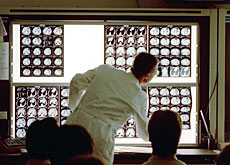
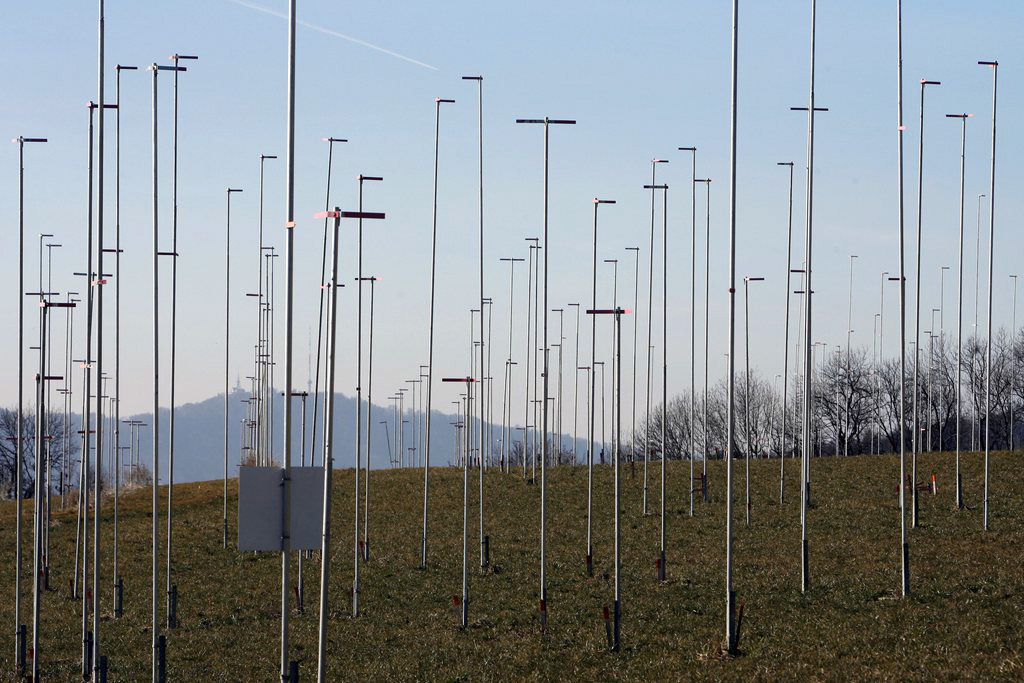
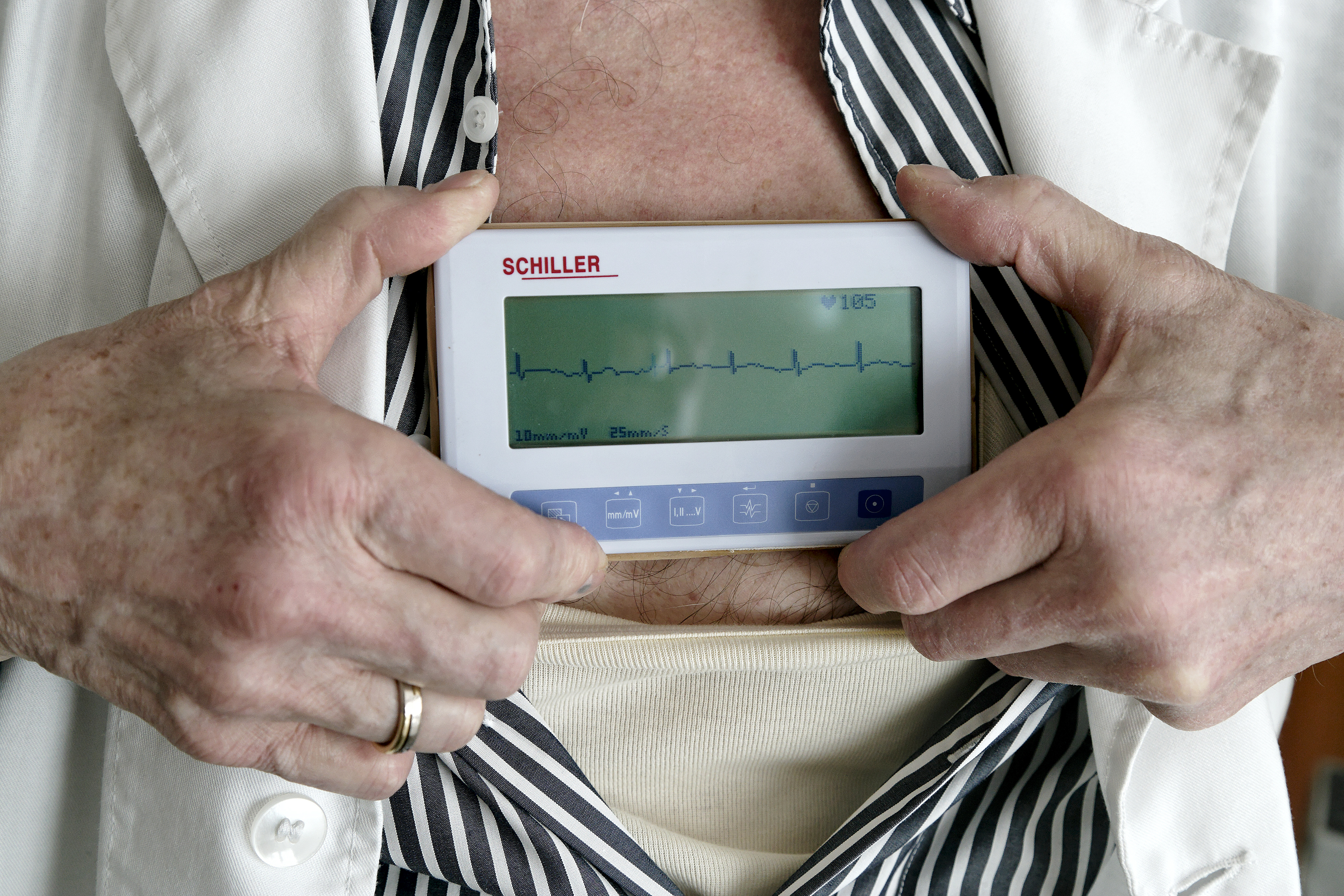
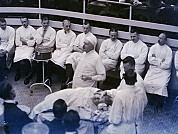
You can find an overview of ongoing debates with our journalists here. Please join us!
If you want to start a conversation about a topic raised in this article or want to report factual errors, email us at english@swissinfo.ch.